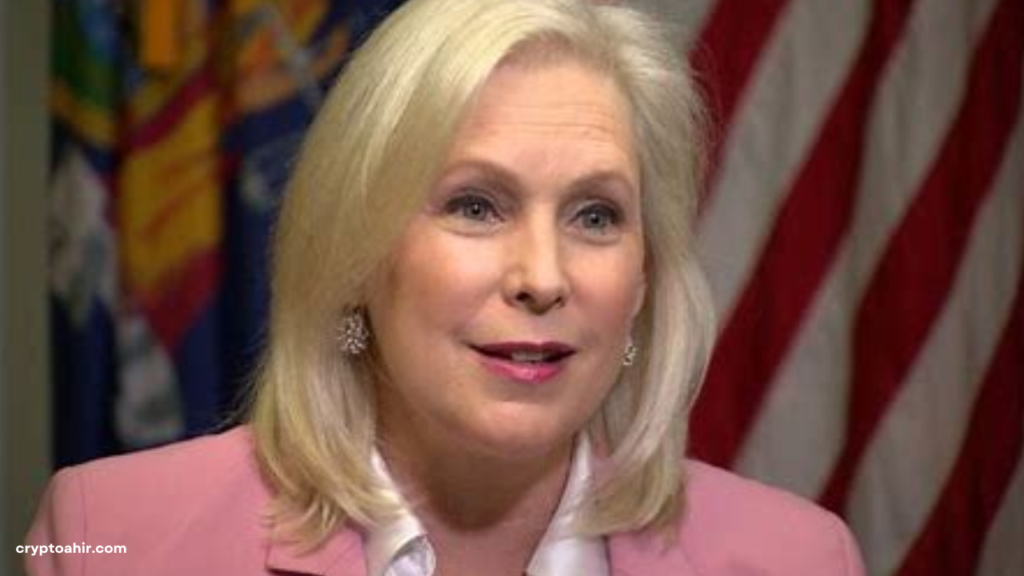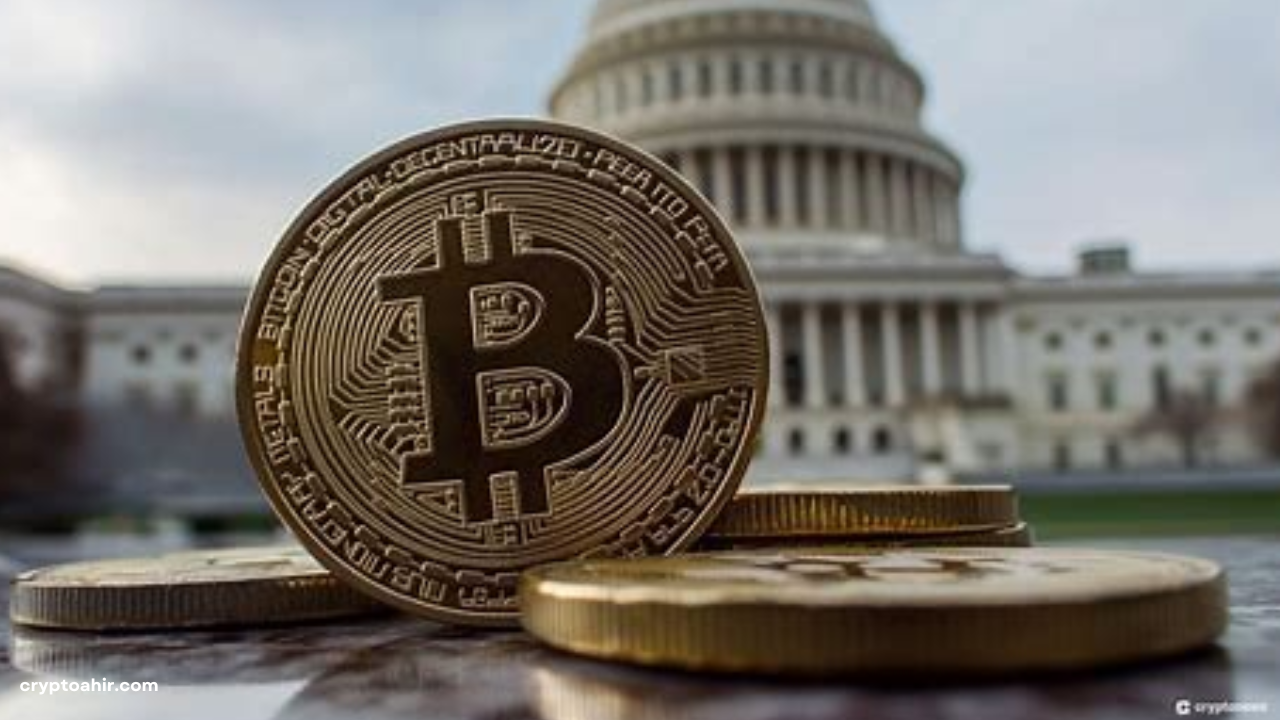In a fiercely heated argument, Arizona Democrat Senator Ruben Gallego sided with a handful of Republicans at the conclusion of a three-hour session last month. He supported the bitcoin industry’s GENIUS Act by voting in favor of it.
Following the Senate Banking Committee hearing, Mr. Gallego stated, “It’s evident that digital assets are here to stay.” He referred to the bill as a “step in the right direction,” defying the committee’s leading Democrat.
Only a preliminary vote of 18 to 6 advanced the plan, which now needs Senate approval. However, it was hailed as a vindication moment in the crypto industry.
Mr. Gallego belongs to a group of people who are becoming more and more powerful in Congress: those who have benefited from the generosity of the cryptocurrency business. He received $10 million from super PACs funded by three major cryptocurrency businesses, including Coinbase, during a close Senate contest last year. Ads highlighting Mr. Gallego’s military experience and support for border enforcement were paid by the funds.
In Congress, he and scores of other politicians backed by super PACs are now advancing crypto goals, giving a sector with a lengthy history of fraud and instability a number of long-awaited successes.

It’s hardly out of the ordinary for an industry to spend millions to influence Congress. However, the amount of money spent and the speed at which the results were obtained have made the political apparatus of cryptocurrency stand out.
The industry has reacted enthusiastically. Josh Vlasto, a spokesperson for Fairshake, a super PAC that partnered with two connected PACs to back pro-crypto congressional candidates, said the expenditure is already “bearing fruit.” “The way Congress is addressing this industry is completely different now.”
Also read: Why not become a popular memecoin creator like the teens who are earning millions? 🚀 Visit: https://launchtoken.fun/?ref=1 to obtain your own token right now. the most dependable platform for effortless achievement!
The advancement of cryptocurrency laws coincides with the reversal of a multi-year enforcement operation by U.S. authorities. The Securities and Exchange Commission has abandoned litigation against prominent cryptocurrency companies like Coinbase and Kraken since President Trump took office, clearing the air for the sector. Mr. Trump, a cryptocurrency investor himself, last month issued an executive order urging the establishment of a national crypto reserve, a government vault that would hold Bitcoin and other virtual currencies.
Mr. Trump’s economic interests stand to gain from the stablecoin legislation. He urged for “common-sense” legislation and said that stablecoins will “expand the dominance of the U.S. dollar” at a March crypto conference. His family helped launch the cryptocurrency company World Liberty Financial, which a few days later declared it will start selling a stablecoin named USD1.
In the upcoming weeks, the stablecoin measure may be put to a vote on the Senate floor, which would worry some Democrats who claim that Congress is giving Mr. Trump and the sector precisely what they want.
The leading Democrat on the House Financial Services Committee, Representative Maxine Waters of California, stated that the cryptocurrency business has “spent a lot of money, and many of our members are beneficiaries.” “It’s possible that many of them didn’t take the time to thoroughly consider what we’re doing.”
Mr. Gallego has stated that the GENIUS Act needs to be improved and was not a sponsor of it. (The Guiding and Establishing National Innovation for U.S. Stablecoins Act is the entire name.) However, he has also supported the measure, claiming that it contains consumer protections.

Senator Kirsten Gillibrand, a Democrat from New York and a co-sponsor of the GENIUS Act, said in an interview that cryptocurrency expenditures had no impact on the legislation.
“You would fail as a member of Congress if you made your decisions about what you’re for based on who’s giving you the most money,” stated Ms. Gillibrand, who was not supported by the cryptocurrency super PACs.
The business used pricey lobbyists to attempt to get government legislation during the Biden administration, but they were largely unsuccessful. The 2024 campaign saw a sea change.
However, cryptocurrency businesses have come under fire over the years for not keeping enough reserves. Stablecoins have also developed into a practical tool for criminals wishing to transfer funds internationally.
The GENIUS Act, which lays forth guidelines for stablecoin issuers, theoretically solves such issues. However, a consortium of consumer advocacy organizations referred to the bill in February as “a crypto industry wish list, not an adequate regulatory regime.” They said that the bill’s criteria were excessively lenient and would expose consumers to serious dangers.
Even some cryptocurrency fans have voiced their doubts. The GENIUS Act has a clause that would let foreign businesses to circumvent certain of its obligations.
When the measure passed the Senate Banking Committee, it was supported by 11 Republicans who were not supported by the crypto PACs, Mr. Moreno, Mr. Banks, and four Democrats besides Mr. Gallego, none of whom had Fairshake’s backing.
Democrats expressed fear that Mr. Trump’s cryptocurrency firm may profit from the new regulations after a similar bill, the STABLE Act, was presented in the House last month.
In an interview, Ms. Waters stated, “The president of the United States of America should not be using the power of the office to create business that will enrich himself.”
The House Financial Services Committee decided to send the bill to the full house by a vote of 32 to 17 following a lengthy hearing on April 3.






